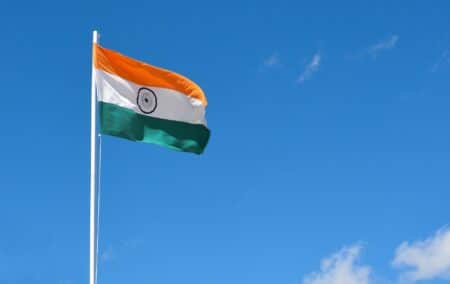Diplomatic tensions are on the rise between India and the Maldives, involving social media confrontations, the sovereignty of the island nation, and the influence of China in the Indian Ocean.
Relations between the two countries have historically been friendly, and India has been a natural pole of support to the Maldives; during the Covid crisis, it provided medical and financial support. The Maldives geographic positioning gives it vital strategic maritime value to India, but also to China.
The Maldives has also long been a destination for Indian tourists. On 4 January, Indian Prime Minister Narendra Modi visited the Indian island territory of Lakshadweep and posted pictures of its scenery. This led to online campaigners calling for a boycott of the Maldives in favour of Lakshadweep. Maldivian politicians then responded with hostile comments about Modi.
The Maldivian opposition has been particularly vocal, calling for the Foreign Minister to intervene, as the spat shows that the country is being disrespected and the government has shown inadequate resolve.
Chinese involvement in the Maldives has also been growing rapidly, and the country is a participant in the Belt and Road Initiative.
The current Maldivian President, Mohamed Muizzu (who assumed office in November last year), has taken a hard line with India, opposing what he sees as the violation of the country’s sovereignty and articulately the stationing of Indian troops on its territory. A deadline to remove a contingent of 80 Indian soldiers – stationed there on India’s version to service helicopters and an aircraft donated by India to the Maldives – has been set for 15 March.
Muizzu has also been courting China (he paid a visit as the online spat was starting) and has pledged to diversify the sources of goods and services the country needs away from India.
At a briefing he said, ‘We may be small, but that doesn’t give you the licence to bully us.’
Analysts have expressed doubt as to the viability of his plans – importing foodstuffs from Türkiye, for example, would technically be possible, but at great additional cost.
Azin Zahir, a Maldivian analyst commented to the BBC: ‘If [the Maldives] is seeking a diplomatic solution to the existing difference with Delhi, it is also counterproductive for the president to make such public comments implicating the Maldives’s closest bilateral partner.’
India has been restrained in its response, with the country’s foreign minister saying: ‘Politics is politics. I cannot guarantee that in every country, every day, everybody will support us or agree with us.’

